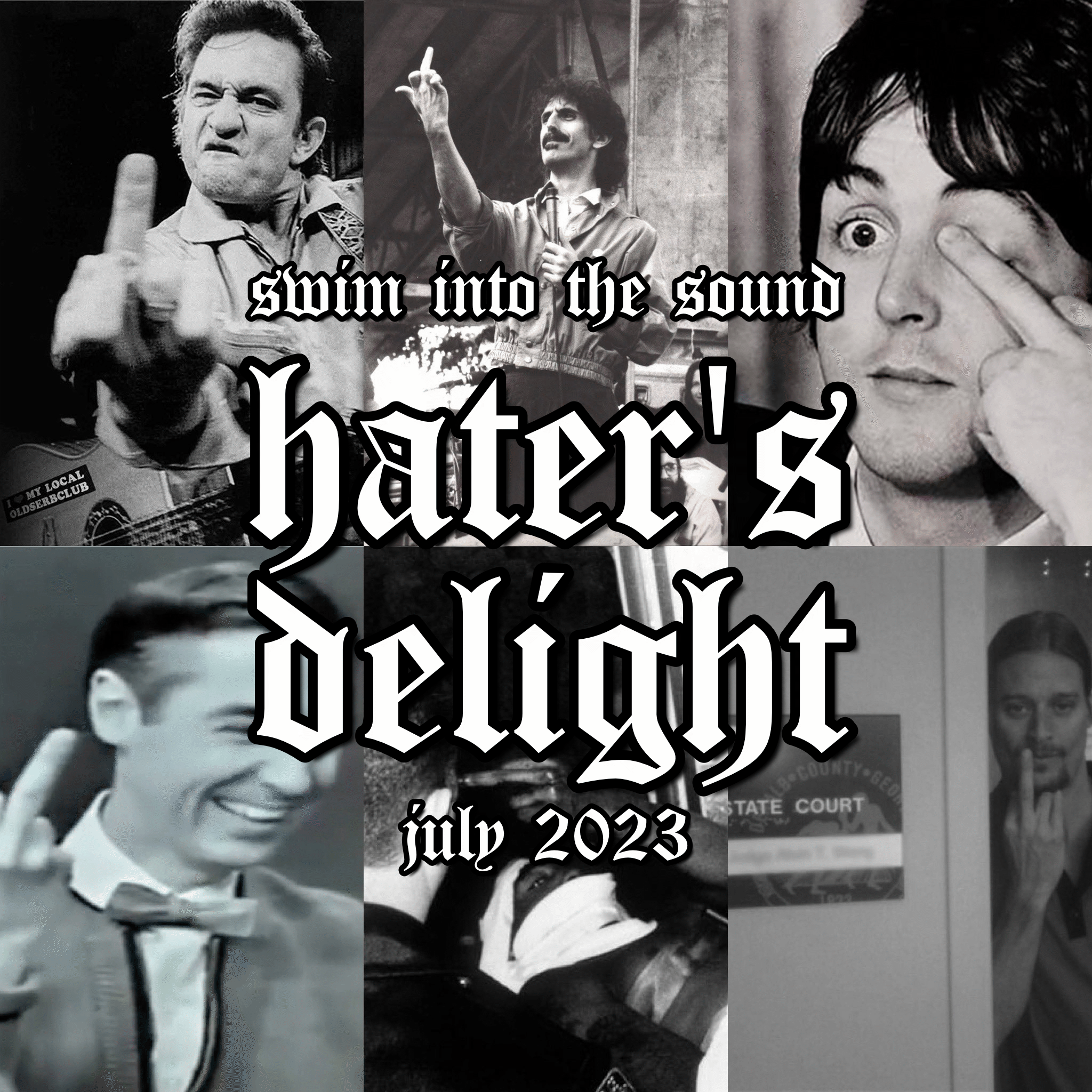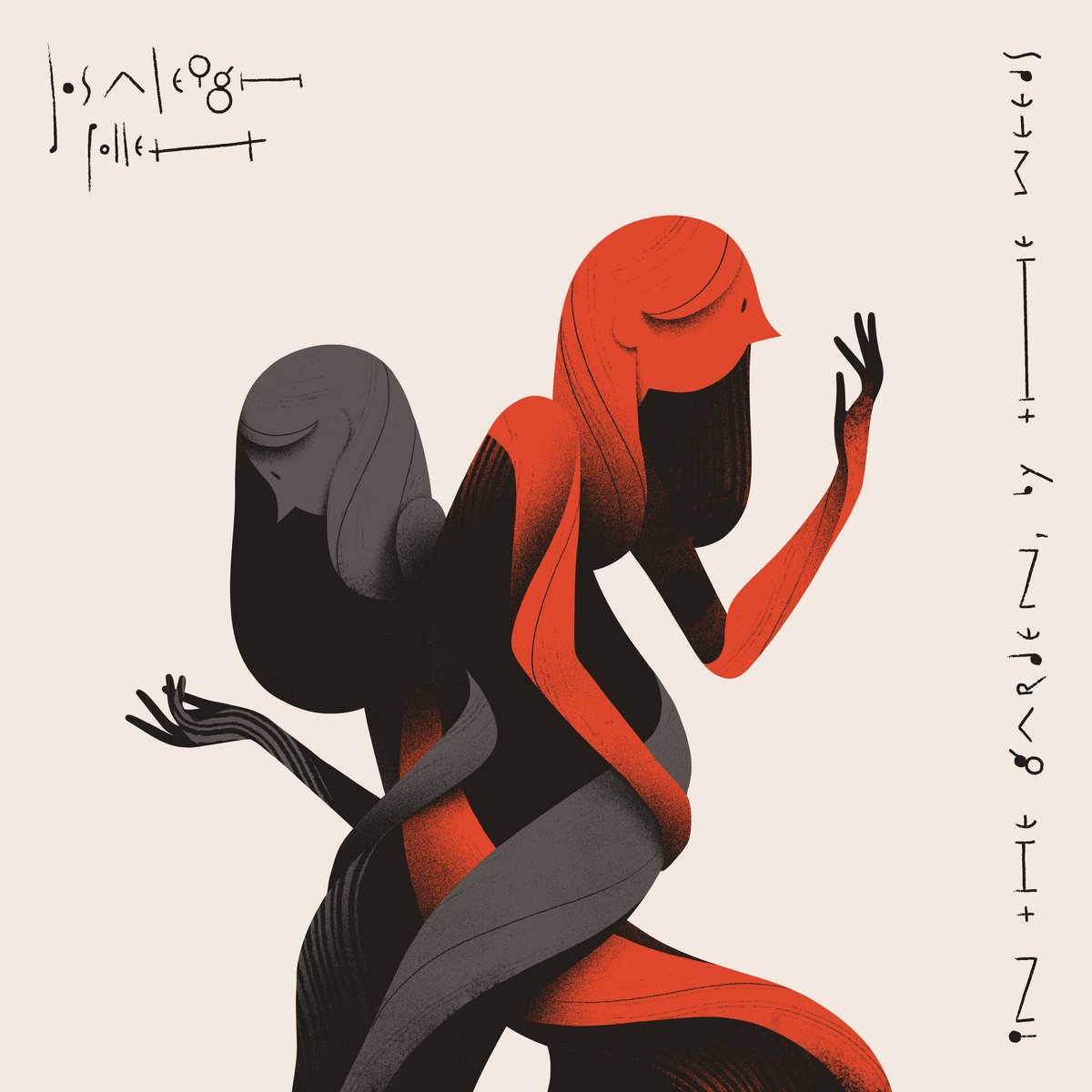When people think of “emo music,” they tend to think of sappy, tappy, whiny bullshit. That’s all well and good, but it’s SUMMER, and the people need something light, something they can sing along to with the windows down. After all, don’t the emo kids deserve to have some upbeat jams too? That intoxicating (and almost contradictory) promise of emo sentiments wrapped in a sunny optimism is exactly what Abacot is dishing up on their inaugural three-song promo tape.
Abacot is a Virginia-based emo outfit fronted by Claudio Benedi, the primary songwriter, vocalist, and guitarist behind Commander Salamander. For those who need a bit of a history lesson, Commander Salamander (lovingly referred to by fans as Comma Salad) was a punk-leaning emo trio who were active from 2017 to 2021. The group first became known among the wider DIY scene with Gross October, an EP released on the now-defunct Chatterbot Records. While that label exploded in spectacular fashion, this connection made Comma Salad labelmates and piers with bands like Origami Angel, Stars Hollow, Equipment, and Michael Cera Palin.
After an insanely catchy double, the group released a split with Origami Angel at the start of 2019 that saw both bands plotting an upward ascent bonded by mutual admiration and their shared home of Washington, DC. In the summer of that same year, the group put out their most actualized release, Off the Goop, not even 10 minutes of shouty punk music that came with its own plush toy.
In October of 2021, tragedy struck both Commander Salamander and the larger DIY community when the band’s drummer, Liam Crone, passed away. Following an outpouring of love and support, the band and Crone’s family set up the Liam Crone Memorial Scholarship through Berklee College of Music. Commander Salamander memorialized Crone by collecting their discography and adorning the cover with his image, essentially putting the project to rest and allowing Crone’s memory (and exuberant drumming) to live on forever through the music.
After years of grieving and working through the loss of his friend, Benedi has returned to music with three songs meant to represent different aspects from three of the worst years of his life. Everything from the mundanities of car ownership to the complexities of human relationships and mental health are all covered in the project’s scant 10 minutes.
Even as he presents the worst that life has dealt to him, Benedi swaddles these narratives in breezy swoons and bouncy guitarwork, making each feel like a parable told from the perspective of someone who’s made it through these things and come out the other side a stronger person.
Opening track, “Check Engine Light,” is a soaring song about the trials and tribulations of owning a twenty-plus-year-old beater, told in the style of Jail Socks/Kerosene Heights southeast emo. Anyone that’s ever had to hand-crank their windows or ignore a dashboard light because they’re already late to work will likely find some relatability here, inevitably sucked into the chorus whenever they see a mysterious yellow symbol light up on their car.
Things go from annoying to dire on “Vertigo,” a track about the disorienting experience of navigating a relationship with a narcissist. Appropriately, the instrumental jostles the listener around until the end of the song appears like a light at the end of a tunnel, finally presenting a way out. Similarly, “Horror” imagines an anxiety attack as the relentless villain of a slasher flick, complete with slick guitar solos and even some splashes of organ throughout.
Decidedly less punk-leaning than Commander Salamander, the three songs on Abacot’s promo tape showcase an artist metamorphosing into something fresh but familiar. After losing a close friend and bandmate (on top of everything else the world has collectively experienced over the past three years), it’s nice to hear from Claudio again in such a different form.
While Comma Salad specialized in one-minute ragers, Abacot songs sprawl out into a more standard 3-minute run time. The emo pop sensibilities that poked through on tracks like “Scooter” have been refined and are cast in a new light under the Abacot name. This project also continues the streak of DC collaboration, with Origami Angel’s Ryland Heagy helping flesh these tracks out from their demo form and doubling as the tape’s producer.
If these tracks present the worst that Benedi has incurred over the last few years, having these songs packaged up and out into the world must feel like a relief. By releasing this three-track tape, it means these events have been weathered, that they are in the past, that they’re finally over. One would hope that this is a necessary part of closure and working these things out of your system, and by listening to them, we’re not just hearing new songs from an artist we love, but we’re leaving all of this in the past too. Here’s to Abacot and whatever comes next.













